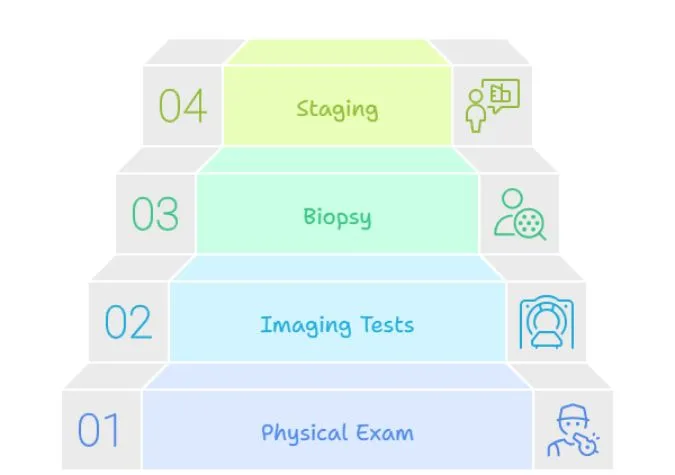Why IGRT is Different from Conventional Radiation
Unlike conventional radiation, which assumes a fixed tumor position, IGRT compensates for organ movement and tumor shifts, making treatment more reliable.
- Static Positioning (Conventional Radiation): Does not adapt to organ or tumor movement.
- Dynamic Positioning (IGRT): Uses live imaging to track and correct changes instantly.

.jpg)



